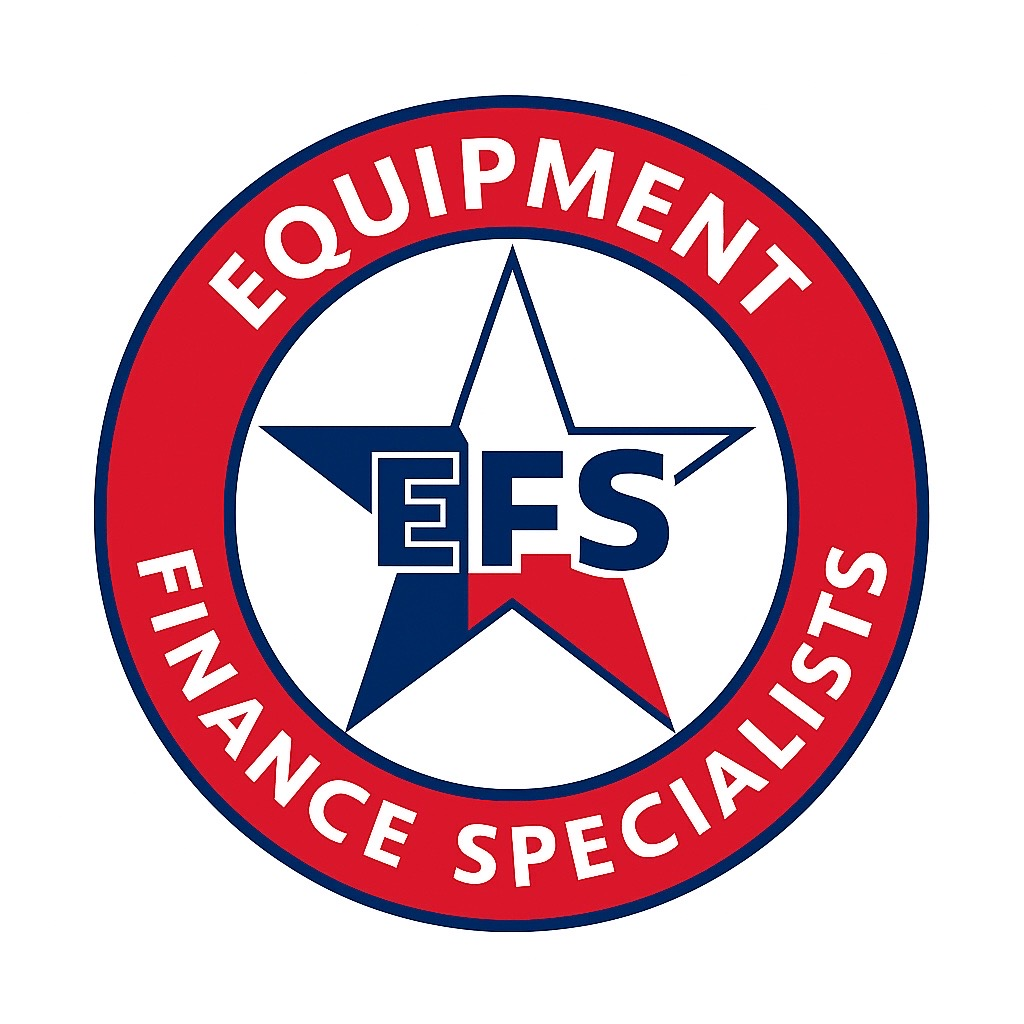When you think about financing construction equipment, the first thing that usually comes to mind is the ability to spread out payments over time. But there’s another major advantage many business owners overlook — the tax benefits that come with long-term equipment financing.
Whether you’re financing excavators, loaders, pavers, or cranes, the structure of your loan can have a big impact on your company’s bottom line. Understanding how the IRS views financed equipment can help you maximize deductions and keep more money in your business.
💰 1. Section 179 Deduction: Accelerate Your Write-Offs
One of the biggest tax incentives available to contractors and construction companies is IRS Section 179. This provision allows businesses to deduct the full purchase price of qualifying equipment in the year it’s placed into service — even if it’s financed over several years.
For example, if you finance $250,000 worth of new equipment in 2025 with a 5-year loan, you can still deduct the entire $250,000 that same year under Section 179. That means you could dramatically lower your taxable income without paying the full cost upfront.
- Equipment must be used for business purposes more than 50% of the time.
- Total deduction cannot exceed the annual limit ($1,220,000 for 2024).
- Most new and used construction equipment qualifies.
Bottom line: Even though your payments continue into future years, you get the tax benefit immediately — helping improve cash flow and ROI from day one.
📉 2. Bonus Depreciation Adds Even More Savings
In addition to Section 179, businesses can take advantage of bonus depreciation, which allows you to deduct a percentage of the remaining equipment cost that wasn’t covered under Section 179.
This is especially helpful if your total equipment purchases exceed the Section 179 limit. For example, if you buy $1.5 million in machinery, you could apply Section 179 to part of it and then use bonus depreciation for the rest.
As of 2025, bonus depreciation is 60%, meaning you can deduct 60% of the qualifying cost in the first year, with the remaining 40% depreciated over time.
🏦 3. Interest Payments May Be Tax-Deductible
When you finance equipment with a true loan, the interest you pay over time is typically tax-deductible as a business expense. That means a portion of your monthly payment — the interest — directly reduces your taxable income.
For large construction companies or contractors with multiple pieces of financed equipment, these deductions can add up quickly. Even smaller operators benefit from the consistent write-offs that come with properly structured financing.
Tip: Keep detailed records of each payment breakdown (principal vs. interest) to make sure your deductions are accurate during tax season.
💡 4. Preserving Cash Flow for Growth
While not a “tax deduction” per se, long-term financing indirectly supports your tax strategy by keeping more cash available for other deductible expenses — like fuel, labor, maintenance, or marketing.
Rather than tying up capital in a lump-sum purchase, financing spreads costs over several years while you still take the bulk of the tax benefit upfront. This creates a stronger financial position and gives your business more flexibility to take on new projects or bid larger contracts.
📄 5. Leases Can Offer Similar Tax Advantages
If you lease instead of buying equipment, you may still enjoy tax benefits depending on the lease structure:
- Operating leases are often treated as tax-deductible business expenses, allowing you to write off monthly payments just like rent.
- Finance leases (or capital leases) may allow you to claim depreciation and interest deductions, similar to a financed purchase.
The best choice depends on your company’s goals — whether you want ownership at the end of the term or simply access to the equipment for a specific project window.
🧾 6. Planning with Your Tax Professional
Every business is unique, and tax laws can change from year to year. Working with a CPA or tax advisor who understands equipment financing and construction industry deductions ensures you capture every available benefit.
At Equipment Finance Specialists, we often coordinate with clients’ accountants to help structure financing terms that align with their tax strategy — whether that means shorter terms for faster ownership or longer terms for improved cash flow and deductions.
📈 7. Long-Term Financing Builds a Stronger Financial Profile
Beyond immediate tax benefits, financing over several years helps establish credit strength and payment history with lenders. Over time, this can lead to:
- Larger approvals for future equipment purchases
- Lower interest rates
- Faster turnaround on credit decisions
This combination of tax savings, improved cash flow, and growing credit strength positions your business for long-term growth and stability.
🚜 Final Thoughts
Long-term equipment financing isn’t just about spreading out payments — it’s a powerful financial strategy that can deliver significant tax savings and long-term business benefits.
When structured correctly, you can:
- Deduct the full equipment cost in year one through Section 179
- Use bonus depreciation for additional write-offs
- Deduct loan interest payments
- Keep cash available for other business needs
At Equipment Finance Specialists, we help construction companies secure flexible financing options designed to maximize these advantages. Whether you’re upgrading your fleet, replacing older machinery, or expanding operations, our team can help you choose the best terms for your business and tax goals.
Ready to Explore Your Long-Term Financing Options?
Talk to an Equipment Finance Specialist today to learn how you can take advantage of tax savings while keeping your business growing.
